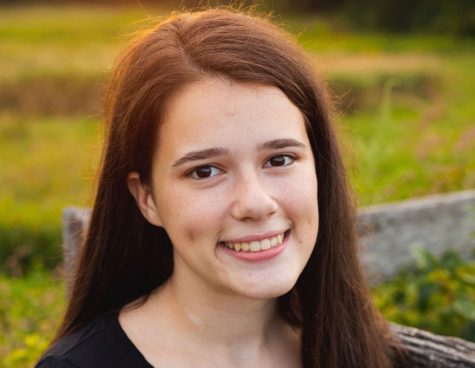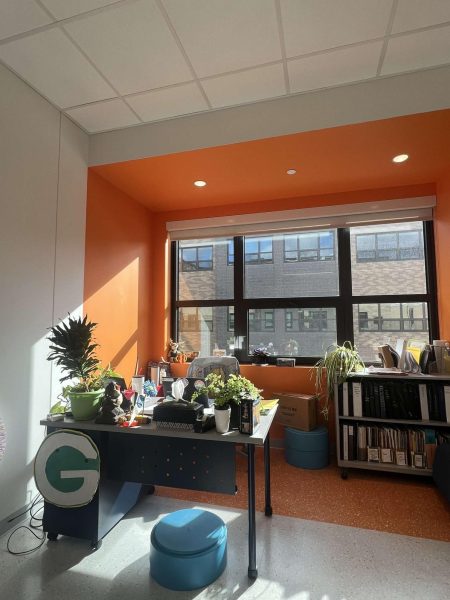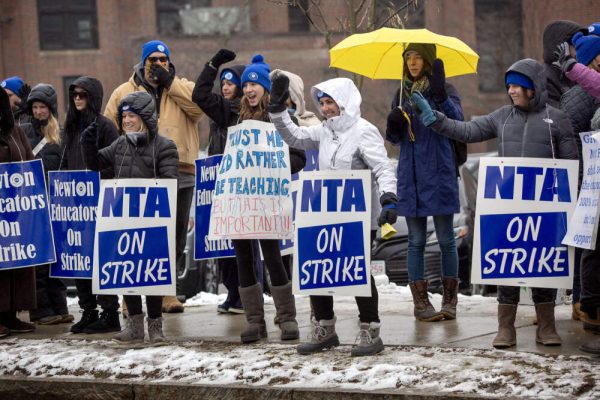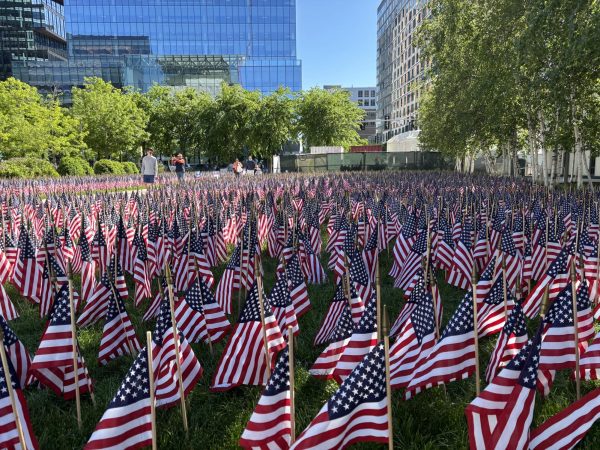Massachusetts Enforces Mandatory Face Masks
Baker Orders Masks When Social Distancing Not Possible
On May 1, Massachusetts’ Governor Baker sent out an executive order, COVID-19 Order No. 31, requiring all individuals to wear a face mask or other covering in public spaces. A public space is anywhere open to other people, whether indoors or outdoors, where one cannot stay six feet apart from others. The policy went into effect on May 6.
Exceptions include children under two and those who cannot wear one for medical reasons. It does not apply when one is able to stay the required six feet away from anyone else, such as when running on a neighborhood street. Masks are required in all grocery stores, pharmacies, retail stores and transportation like subways and ride-sharing, but any business can deny service to a customer for not wearing one. Failure to comply can result in a $300 fine.
This order comes after a series of escalating legislation from the state government relating to COVID-19, starting with the state of emergency on March 10 and the ban of large gatherings. The goal is to prepare for the eventual reopening of businesses and public places, as well as to protect people’s health in those essential businesses still operating. The coronavirus is known to spread from person to person through droplets in the mouth, nose and eyes, and can be transmitted even without showing symptoms, so cloth face masks will help block a possibly infected individual from spreading the virus. However, the state and the CDC now only recommend cloth face masks for these purposes.
“All persons are strongly discouraged from using medical grade masks to meet the requirements of this Order, as medical grade masks should be reserved for healthcare workers and first responders,” COVID-19 Order No. 31 stated.
Medical protective equipment, including masks, is still in a shortage with the surges of patients, so N-95s and similar masks are being allocated to workers first, to protect them from the masses of infected people they are in close contact with. For the public, wearing a cloth mask will help protect other people around.
One can get a mask by sewing one at home from a cotton t-shirt or a bandana, or getting one from online groups volunteering to sew extra masks, such as the Masks for Massachusetts program. Masks should fit snugly, be multilayered, still allow for breathing and should be washed often.
“I think that it will be effective in a few ways. For most of us who don’t wear masks regularly, it’s a reminder to keep that social distancing going as much as possible. It also reduces the chance of touching your face after touching surfaces that might be contaminated by others. And I think especially as we head into allergy season, it helps block droplets—from when if I were to sneeze or cough—from getting to the person who’s nearby; and hopefully theirs will do the same for me,” Dr. Sharon Wright, medical director of infection control at Beth Israel Deaconess Medical Center said.
The order will remain in effect indefinitely until it is rescinded or the state of emergency is lifted, which at the earliest will be May 18, although schools are closed for the rest of the year. According to the Department of Public Health’s “COVID-19 Dashboard,” as of May 6, Massachusetts totals 72,025 cases, with 6,610 in Norfolk county and 4,420 deaths statewide. Daily totals of new cases have gone down to 1,714 from a peak on April 24 of 3,079.

Lauren Celardo, class of 2020, is a first year staff writer for The Rebellion. At Walpole High School, she is on the gymnastics and spring track teams...













